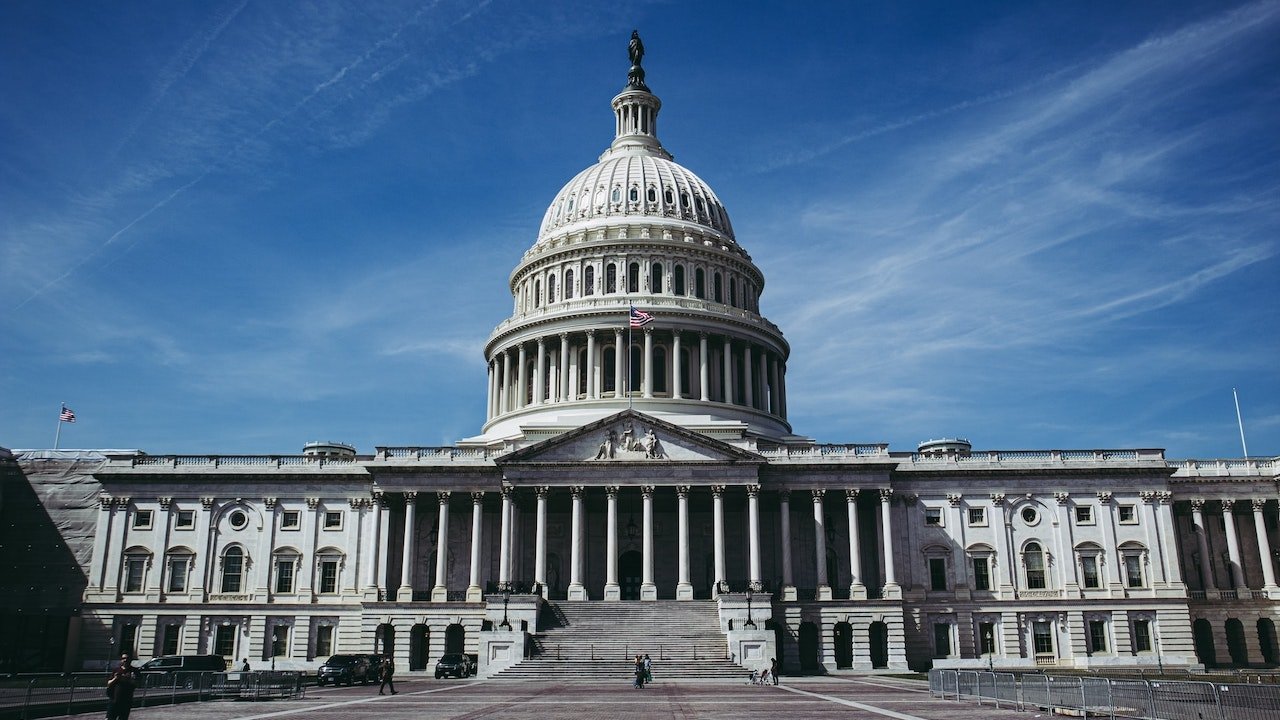A bipartisan antitrust bill aimed at stopping tech giants from "self-preferencing" their own products and services on platforms they own is headed for a vote before the full Senate.

U.S. Capitol Building. Credit: Alejandro Barba/Unsplash
The American Innovation and Choice Online Act passed the Senate Judiciary Committee in a 16-6 vote on Thursday, the Wall Street Journal has reported.
Targeting tech giants like Amazon, Google, and Apple, the bill would prohibit Big Tech companies from favoring their own services in way that's anti-competitive. For example, the bill lists specific instances such as a platform referencing its own products or services in search results, or a company using nonpublic platform data to compete with similar but smaller businesses.
While the bill had bipartisan support, it also faced criticism from senators on both sides of the aisle.
Sen. Dianne Feinstein, who voted to advance the bill out of committee, said it specifically targets companies in her home state of California and added that it should include any company engaging in anticompetitive behavior.
The ranking Republican on the judiciary committee, Sen. Mike Lee, has concerns. In the committee meeting, he said the bill has been written too broadly and could cause "collateral damage" to the industries it was trying to protect, and to the larger tech economy as a whole.
Earlier in the week, Apple called out the legislation and urged the committee to shoot it down. The Cupertino tech giant claimed that the bill could hurt competition and innovation, and would cause "realm harm" the consumer privacy and security.
From an industry perspective, as a general rule, small businesses are opposed to the bill and the multinational corporations with valuations in the millions or billions of dollars favor the legislation.
As it pertains to Apple, the company believes that the legislation, if passed as-is, will allow side-loading of software from nearly any source. The company believes that it will lead to a rash of "malware, ransomware, and scams."
Originally, the bill applied to the largest of companies like Apple and Google. Amendments have lowered the floor on who it applies to, and opens the door for enforcement to companies with majority foreign owners like TikTok.
The legislation is headed to the Senate floor for wider debate and voting, the committee may hold another hearing on it.
